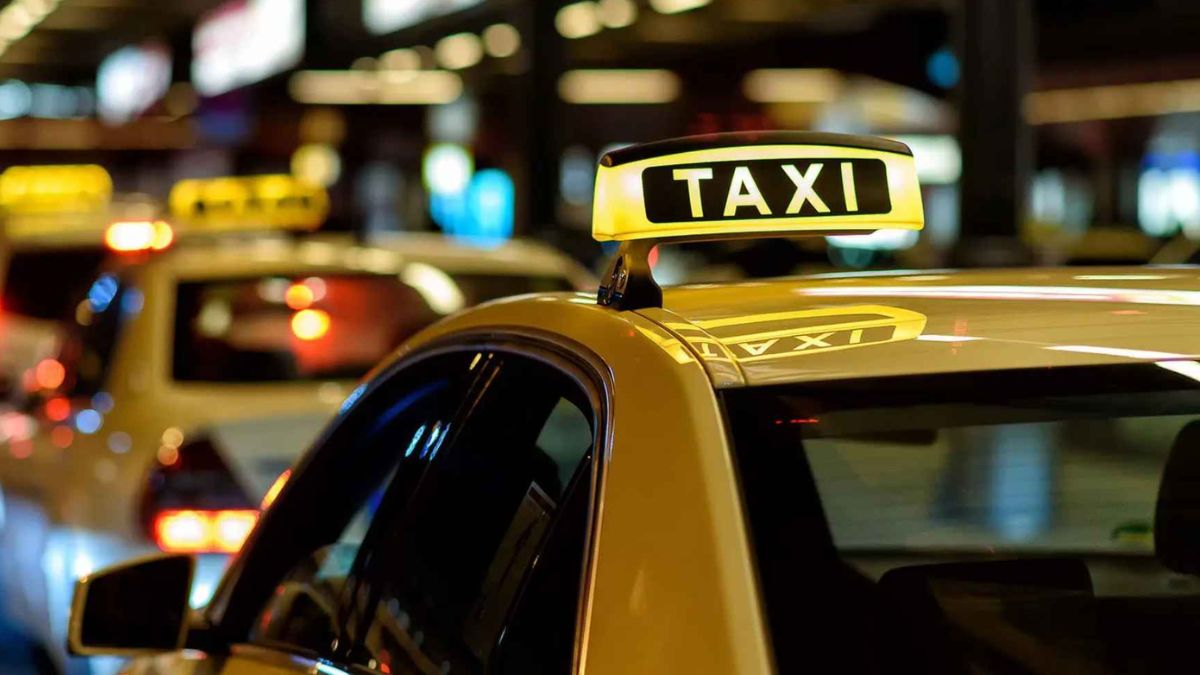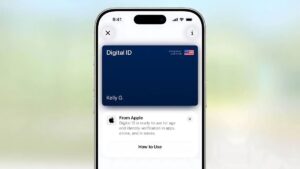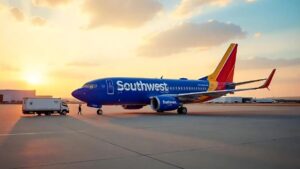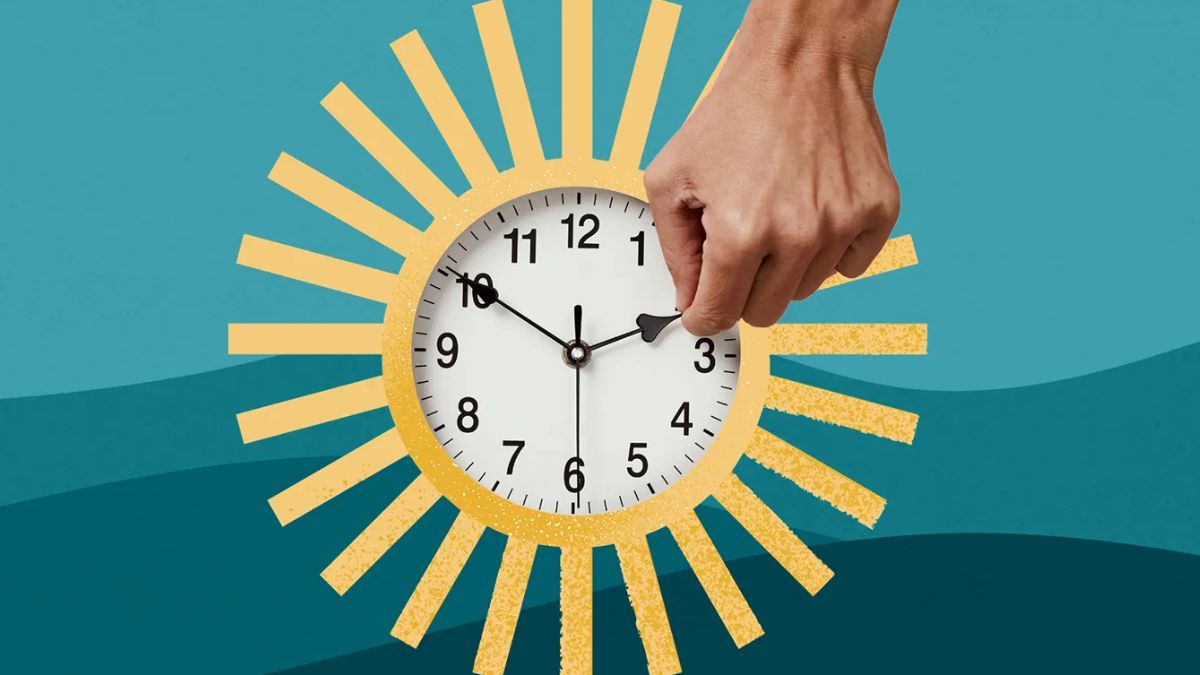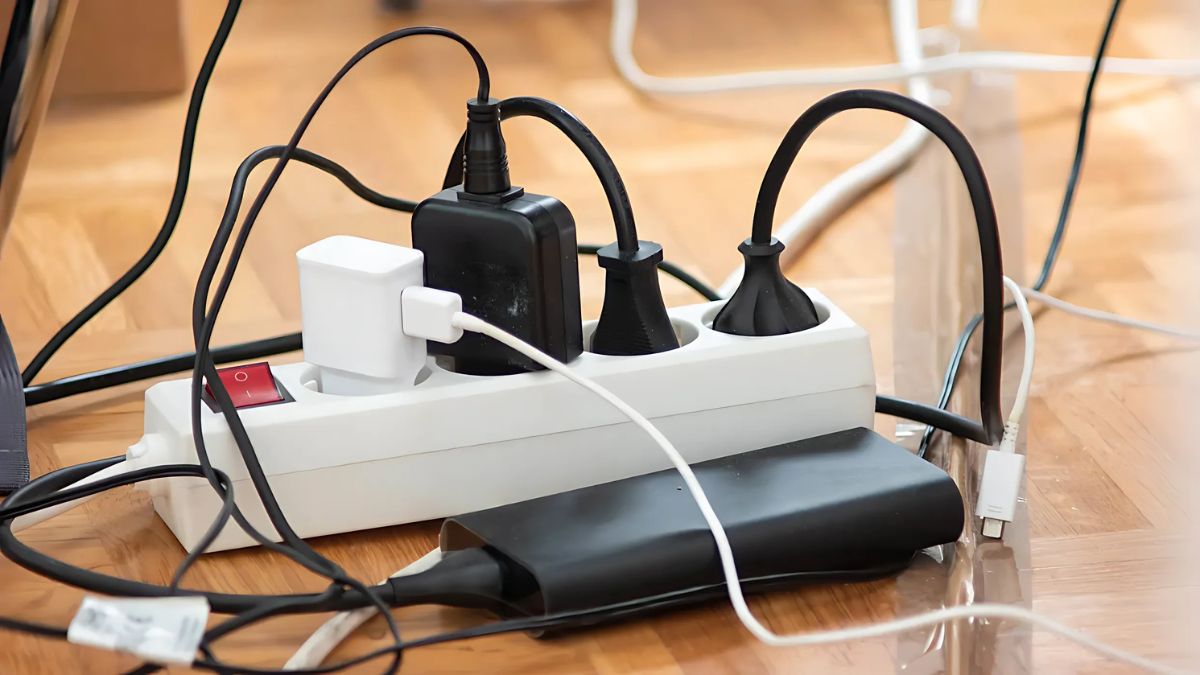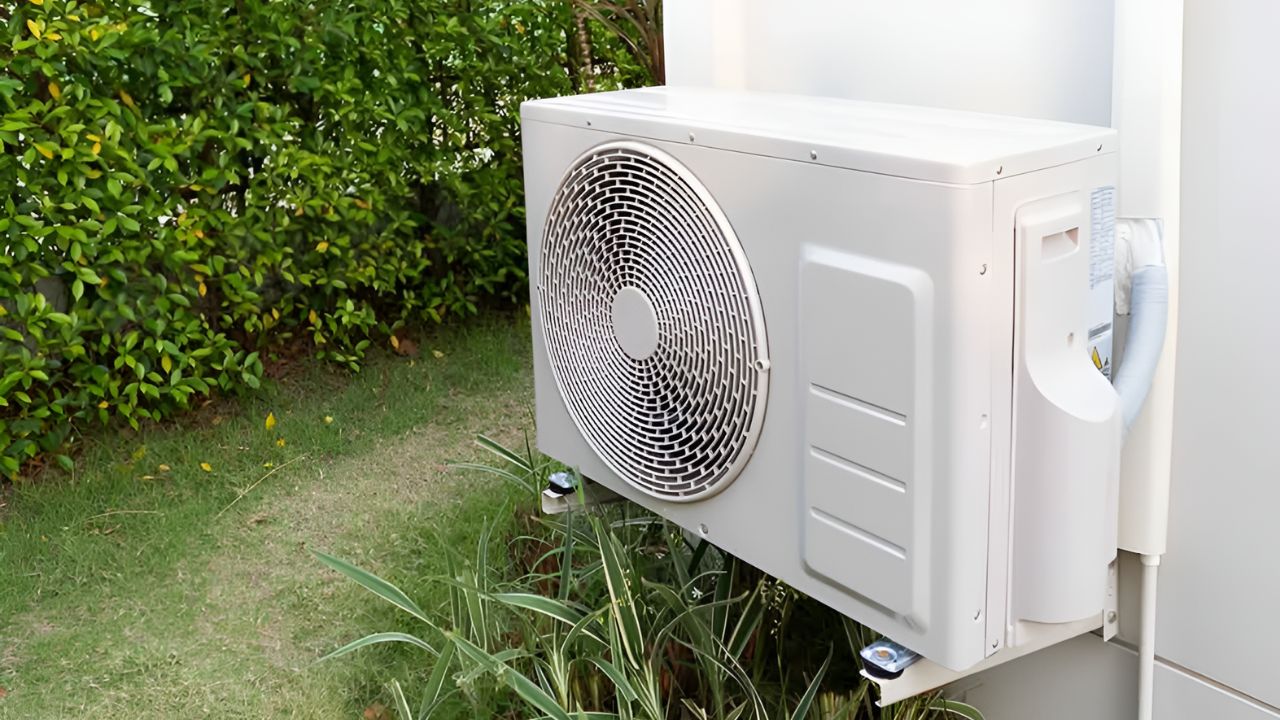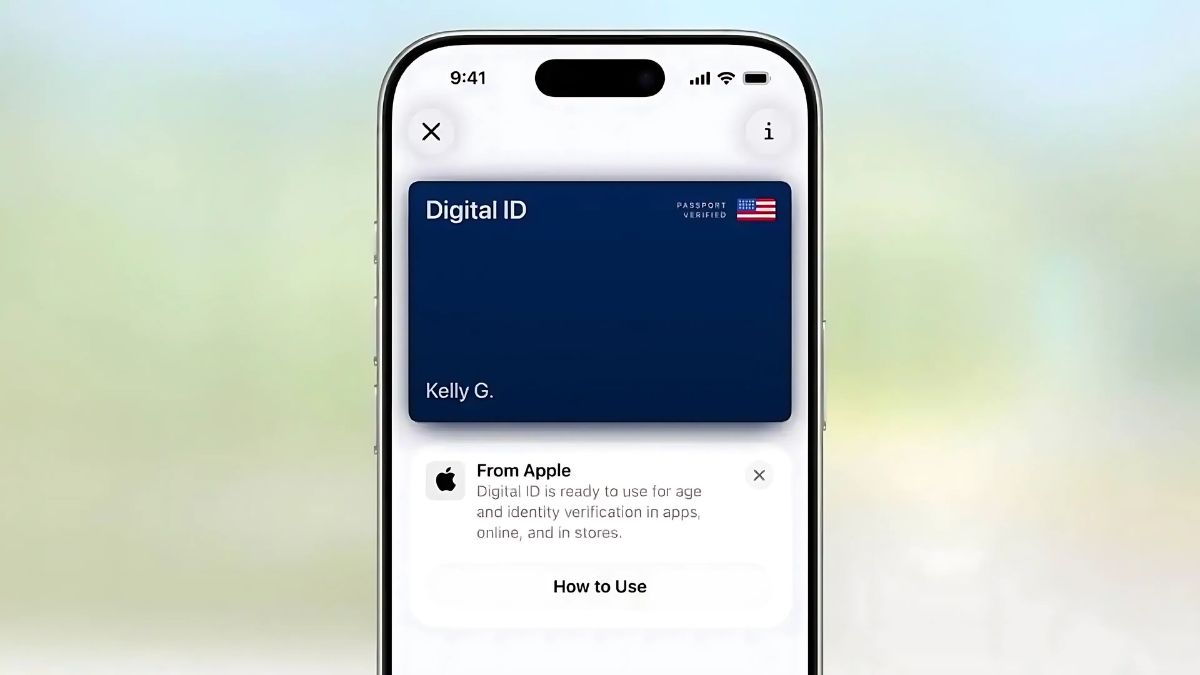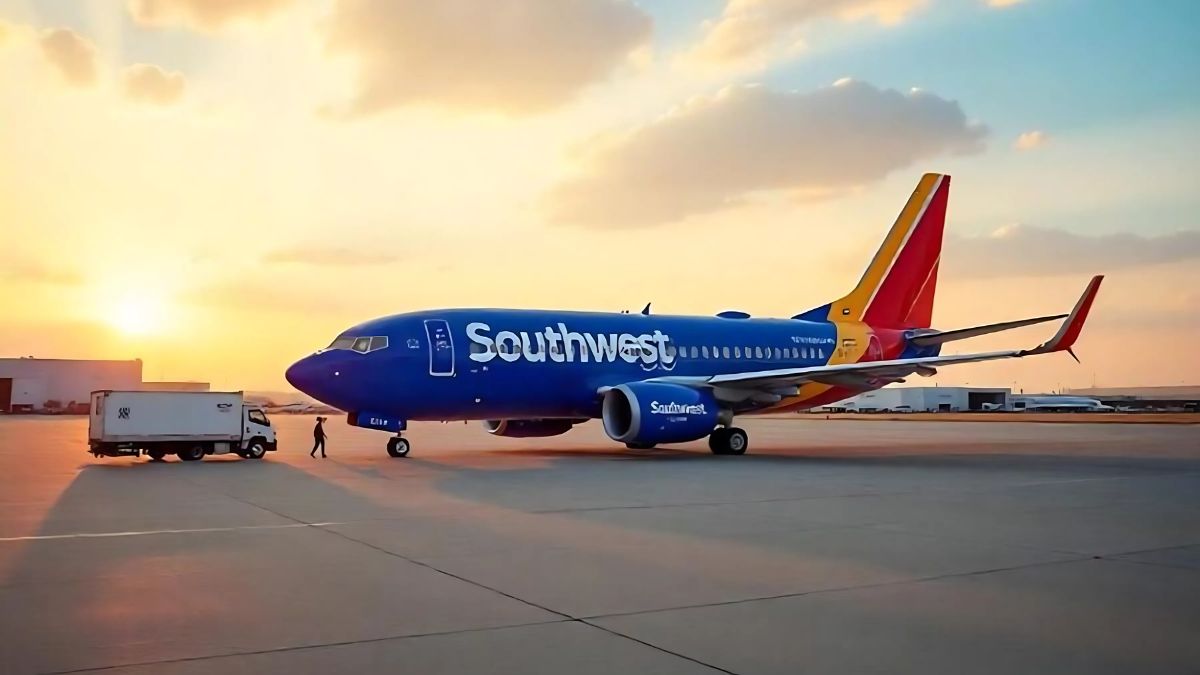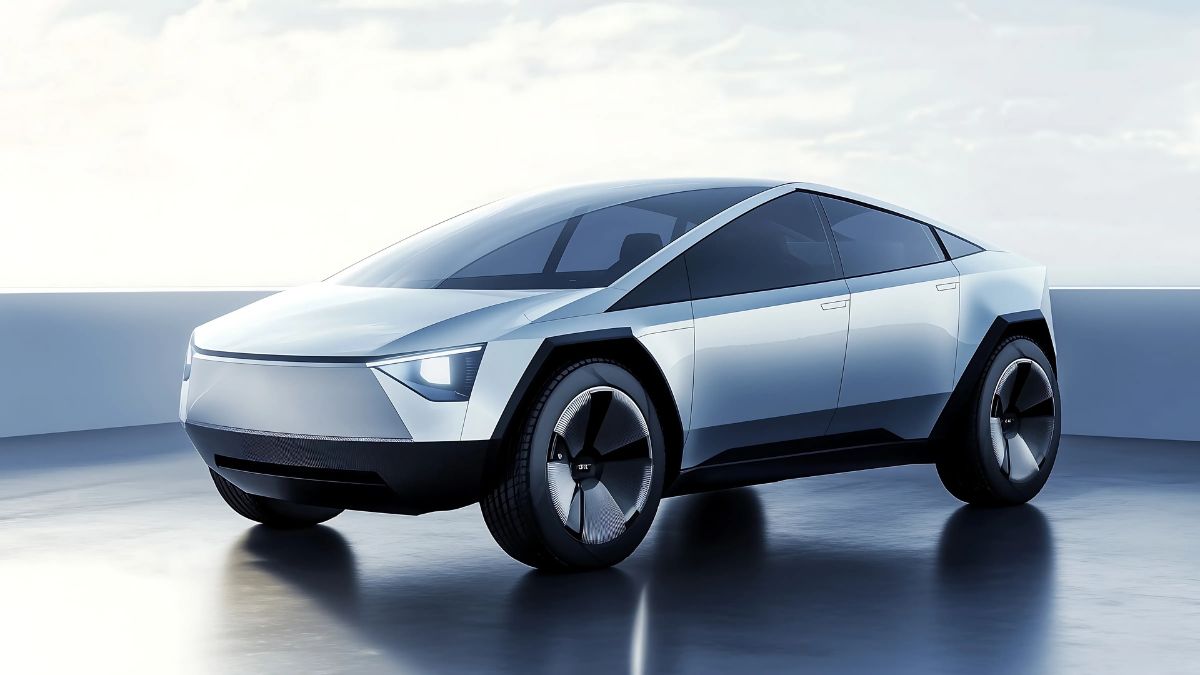A new transport tax in North Carolina has officially gone into effect as of July 1, 2025. The goal? Raise dedicated funds for the state’s road and mobility infrastructure. The North Carolina Department of Revenue has rolled out this initiative by applying a small surcharge to all rides taken through private transportation platforms like Uber, as well as traditional taxis. The money collected will go directly to the North Carolina Department of Transportation (NCDOT).
Uber
Since its founding in 2009 by Travis Kalanick and Garrett Camp, Uber has changed the way millions of people move around cities. Operating in over 900 metro areas around the globe, Uber has grown from a simple ride-hailing app into a giant mobility company.
What makes Uber different is that it connects passengers with independent drivers using their personal vehicles. The rides are often cheaper than taxis and can be tailored to your preferences. Riders can set options like music choices, silent rides, whether they want to chat, or even request water or snacks.
Beyond rides, the company has expanded into delivery services through Uber Eats, Drizzly, Postmates, and freight operations via Uber Freight LLC. In short, Uber is no longer just a ride—it’s a whole ecosystem of mobility and delivery.
NCDOT
The North Carolina Department of Transportation (NCDOT) is responsible for keeping the state’s transportation systems running smoothly. That includes maintaining roads, managing public transit, developing infrastructure projects, and promoting safe travel across the state.
The department gets its funding from several sources—taxes on fuel, state income taxes, federal funds, and now, through the newly introduced transport tax on ride services. These added funds will be used specifically to enhance infrastructure and expand transportation options across North Carolina.
Tax
As of July 1, all ride fares via Uber and taxis are now subject to a small surcharge. This tax is based on the total trip fare and is charged regardless of whether the trip is completed.
Here’s how the new tax system breaks down:
| Type of Ride | Tax Rate | Description |
|---|---|---|
| Private or Exclusive Ride | 1.5% | Includes solo trips or rides with chosen companions |
| Shared Ride | 1% | Includes shared trips with strangers using the same app |
The surcharge is applied the moment the passenger enters the vehicle. Whether the trip is fully completed or canceled later does not change the fact that the tax will still be collected.
Purpose
So, where does this money go? Every cent collected from these ride taxes goes straight to NCDOT. The funds will be used to improve road surfaces, build better bike lanes, and support public transportation and other mobility projects.
This move responds to the increasing demand for private and app-based transportation. It’s also a way to keep up with the wear and tear that these services cause to public roads without putting all the pressure on traditional funding sources like fuel taxes—which are declining as more people switch to electric vehicles.
Impact
For occasional users, the added fee might go unnoticed—it’s just 1 to 1.5 percent of the fare. But for daily riders, frequent Uber users, or taxi passengers, those costs can start to add up over time.
The state also hopes this measure encourages people to opt for shared rides instead of solo ones, helping reduce emissions and congestion. Shared rides are not only slightly cheaper, but now carry a smaller tax as well.
Future
As North Carolina’s cities grow and mobility needs evolve, this new funding model could help keep transportation systems ahead of the curve. By investing in infrastructure through targeted fees on those who use it most, the state aims to build safer, smoother roads and more accessible travel options for everyone.
FAQs
When did the transport tax start?
It began on July 1, 2025.
How much is the private ride tax?
A 1.5% tax is applied to exclusive rides.
What is the shared ride tax rate?
Shared rides have a 1% surcharge.
Who gets the money from this tax?
The funds go directly to NCDOT.
Is the tax applied if the ride is canceled?
Yes, the tax applies once the ride begins.

